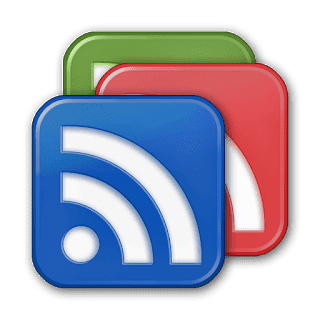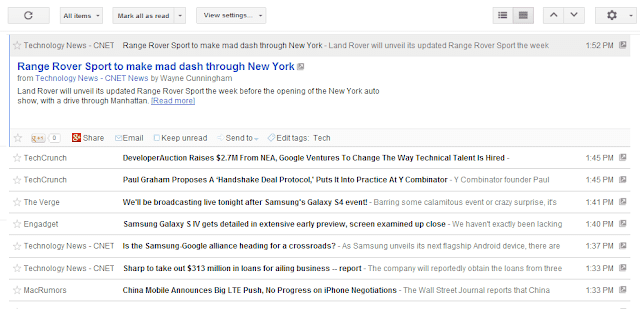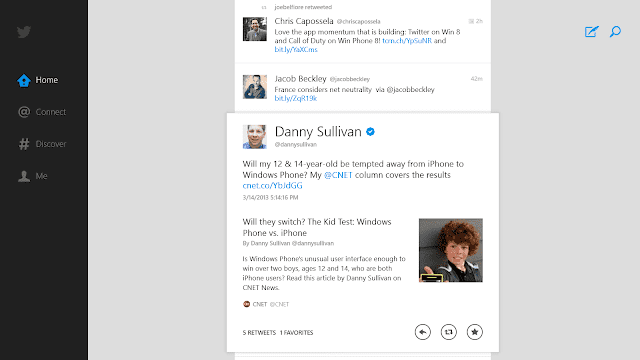News broke last night that Google Reader, the widely used free RSS client from Google, will be fading into oblivion this summer. The search giant cited waning interest in Reader as the main reason for shutting it down as part of its yearly "spring cleaning" initiative, where it tries to do away with older, not-as-popular products in an attempt to prevent Google from spreading its resources thin. However, the amount of backlash after the announcement yesterday was unprecedented, and I doubt even Google could have predicted the over 64K strong petition to keep Google Reader running that has circulated the web overnight.
As a former power user of Google Reader myself, I find myself with mixed feelings. I stopped using Google Reader years ago, when I started more frequently using the information firehose that is Twitter. This was a pretty drastic change for me, as someone who at that thime was reading through hundreds of articles per day on Google Reader. But although very different in intended purpose, Google Reader and Twitter actually share a lot alike. They're both simple, streamlined ways to consume content. They were both free to use and available on a variety of platforms. They both delivered important news to me throughout the day in a quick and instant fashion.
So why do I prefer Twitter over Reader now? Whereas Google Reader is a mostly-passive consumption platform, Twitter is significantly more interactive and engaging. On Twitter I could not only keep track of news, but also share my thoughts and opinions with others, and find out what other people are thinking. Most importantly for me, it's possible to talk with the members of the press who write much of the content I read. The more I used Twitter, the more redundant the stories I received to Google Reader were.
Many people have dismissed Twitter altogether as a Google Reader or RSS alternative. What does a social network have in common with an RSS news feed, anyway? Some of these arguments are perfectly valid: the lack of a read/unread count, not being able to read news without leaving the website, etc. However, some people are under the impression reading a Twitter feed means reading 140 character stories, which, at least in my case, isn't what Twitter really is.
An RSS feed typically provides a title, a short summary, and a link to read the rest of the article. A Twitter feed is composed of 140 characters worth of titles, links, images, and hashtags. The links usually also come with a short preview snippet that doesn't count against the 140 character limit. The previes give me an idea of whether it's worth reading the rest of the article, and the hashtags allow me to find other, related content.
Another argument I've heard for RSS over Twitter is the split of read/unread news, a feature present in Reader that Twitter is lacking. But, in my experience. I was already doing some of this deduplication in my mind, to avoid reading redundant news articles. I know if I've read an article or if I haven't, and I like not having to mark articles I'm not interested in as read. News stops for no one, and if I don't visit Reader, I'll have thousands of backed up articles after a while--the same is true for Twitter. Scrolling through Reader to dig up old news is just the same as scrolling through tweets.
My favorite parts of Twitter, as I said earlier, are the social features that aren't available on RSS clients. Direct communications with writers, interaction with other readers, and discovering related content using hashtags. Forming a relationship with other people who are interested in the same things as myself and sharing news I find important and relevant is pretty fun. But you also don't have to do any of these things if you just want an RSS feed equivalent!
I follow hundreds of writers and websites, and I don't always read what they have to say. But when I do, and when I reply to them, they talk back. I'll never be able to get that in an RSS feed. In short, RSS feeds are Web 1.0, Twitter is Web 2.0. If you dislike the change, there are many RSS client alternatives to Google Reader popping up, especially now. But if you're curious about what news consumption is like in Web 2.0, I encourage you to drop RSS and give Twitter a shot.


